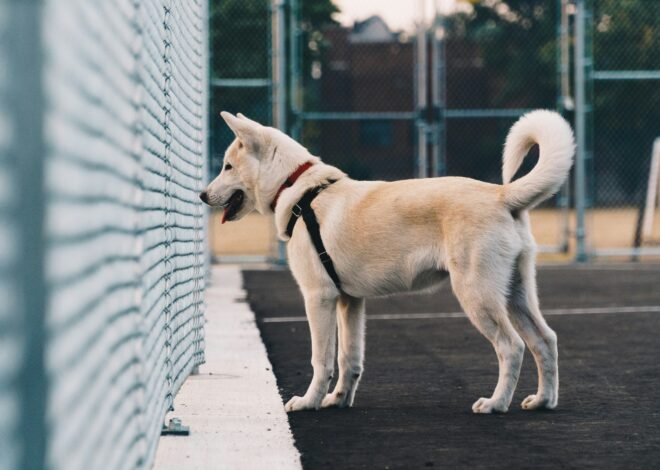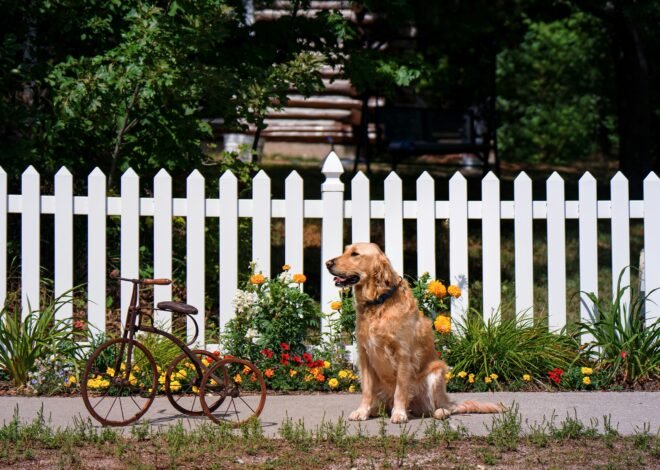
Right Breed for Your Lifestyle
Choosing the right dog breed is an important decision that can significantly impact your and your new pet’s quality of life. Different breeds have different needs regarding activity levels and space, and aligning these needs with your lifestyle is crucial for a harmonious relationship. This article will help you understand the factors to consider when selecting a breed based on activity levels and space requirements.
Understanding Your Lifestyle
- Activity Levels
Before choosing a breed, assess your activity levels. Are you an active person who enjoys outdoor activities like running, hiking, or biking? Or do you prefer a more sedentary lifestyle, with activities like reading, watching movies, or taking leisurely walks? Your activity level should match the energy needs of the breed you choose.
- Living Space
Consider the size of your living space. Do you live in a spacious house with a big backyard, or is your home a small apartment with limited outdoor access? Some breeds are more adaptable to smaller living spaces, while others require a lot of room to roam and play.
- Time Commitment
Evaluate how much time you can dedicate to your dog. High-energy breeds need a lot of physical and mental stimulation, which means more time spent on walks, play, and training. Conversely, lower-energy breeds are more content with less intensive interaction.
Matching Breeds to Activity Levels
- High-Energy Breeds
If you lead an active lifestyle and have the time and space to match, high-energy breeds could be a great fit. These dogs require regular, vigorous exercise to stay happy and healthy.
Examples:
– Border Collie: Known for their intelligence and energy, Border Collies excel in agility and obedience training. They thrive on having a job to do and are best suited for active families who can provide ample physical and mental stimulation.
– Labrador Retriever: Friendly and outgoing, Labradors are great companions for active individuals. They love swimming, hiking, and playing fetch, making them ideal for families who enjoy outdoor activities.
– Australian Shepherd: Energetic and intelligent, Australian Shepherds need plenty of exercise and mental challenges. They are perfect for owners who can engage them in activities like herding, agility, or advanced training.
- Moderate-Energy Breeds
For those who enjoy regular activity but also appreciate downtime, moderate-energy breeds are a good choice. These dogs are happy with a mix of exercise and relaxation.
Examples:
– Bulldog: Despite their muscular build, Bulldogs are relatively low-energy and enjoy a more relaxed lifestyle. Short walks and play sessions are usually sufficient to keep them happy.
– Cocker Spaniel: Cocker Spaniels are adaptable dogs that enjoy both active play and cuddling on the couch. Regular walks and playtime in the yard will keep them content.
– Beagle: Beagles are curious and playful but don’t require intense exercise. They enjoy exploring and sniffing around, making them great for families who enjoy moderate walks and playtime.
- Low-Energy Breeds
If you prefer a more laid-back lifestyle, low-energy breeds will suit you well. These dogs are content with minimal exercise and are often happy to lounge around the house.
Examples:
– Chihuahua: Chihuahuas are small dogs that don’t need a lot of space or exercise. Short walks and indoor play are usually enough to keep them happy.
– Shih Tzu: Shih Tzus are affectionate lap dogs that enjoy short walks and lots of lounging. They are perfect for people who prefer a quieter, more relaxed lifestyle.
– Basset Hound: Known for their relaxed demeanor, Basset Hounds enjoy leisurely walks and plenty of downtime. They are great companions for those who prefer a slower pace.
Matching Breeds to Space Requirements
- Small-Space Living (Apartments and Condos)
Living in an apartment or condo doesn’t mean you can’t have a dog, but it’s essential to choose a breed that adapts well to smaller spaces.
Examples:
– French Bulldog: French Bulldogs are small, adaptable, and relatively low-energy. They don’t require a lot of space or intense exercise, making them ideal for apartment living.
– Dachshund: Dachshunds are small and moderately active, enjoying indoor play and short walks. Their compact size makes them suitable for apartments.
– Pomeranian: Pomeranians are tiny dogs with moderate energy levels. They enjoy indoor activities and short walks, making them a good fit for small living spaces.
- Medium-Space Living (Townhouses and Small Homes)
If you have a bit more space, you can consider breeds that require moderate room to roam and play.
Examples:
– Cavalier King Charles Spaniel: These adaptable dogs are small to medium-sized and enjoy both indoor and outdoor activities. They are well-suited for homes with moderate space.
– Boston Terrier: Boston Terriers are small but sturdy dogs that enjoy a balance of play and relaxation. They adapt well to medium-sized living spaces.
– Miniature Schnauzer: Miniature Schnauzers are active but not overly demanding. They are a good choice for homes with some outdoor space for play.
- Large-Space Living (Large Homes and Yards)
For those with large homes and yards, breeds that require more space and activity can be a great addition.
Examples:
– Golden Retriever: Golden Retrievers are friendly and active dogs that thrive in larger spaces with room to run and play. They need regular exercise and mental stimulation.
– German Shepherd: German Shepherds are intelligent and energetic, needing ample space to move and explore. They are best suited for homes with large yards.
– Bernese Mountain Dog: These large, gentle giants enjoy outdoor activities and require a lot of space to move comfortably. They are ideal for families with spacious homes and yards.
Considerations Beyond Activity and Space
- Grooming Needs
Different breeds have different grooming requirements. Some dogs need regular professional grooming, while others only need occasional brushing. Consider the time and cost associated with grooming when choosing a breed.
- Health Issues
Research common health issues associated with the breed you are considering. Some breeds are prone to specific genetic conditions that could affect their quality of life and incur veterinary costs.
- Temperament
Consider the temperament of the breed. Some dogs are more independent, while others are highly social and need constant companionship. Make sure the breed’s temperament matches your lifestyle and preferences.
- Allergies
If you or someone in your household has allergies, consider hypoallergenic breeds that shed less dander. Breeds like Poodles and Bichon Frises are known to be more suitable for allergy sufferers.
Conclusion
Choosing the right dog breed for your lifestyle involves careful consideration of activity levels, space requirements, and other factors like grooming, health, temperament, and allergies. By matching a breed’s needs with your living situation and daily routine, you can ensure a happy and fulfilling life for both you and your new furry friend. Take the time to research and choose wisely, and you’ll be rewarded with a loyal and loving companion that fits perfectly into your life.
Additional Resources :
- Official list of all American Kennel Club dog breeds.
- Legal Considerations For Dog Fence Installation



2 thoughts on “Right Breed for Your Lifestyle”